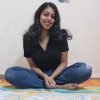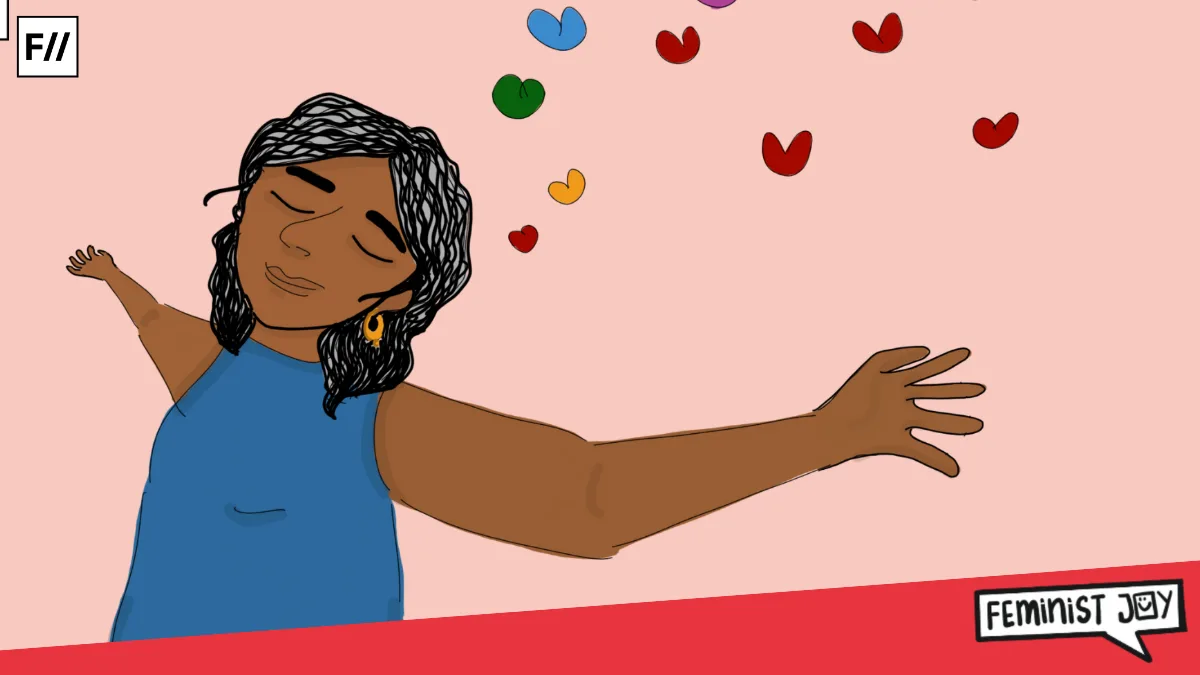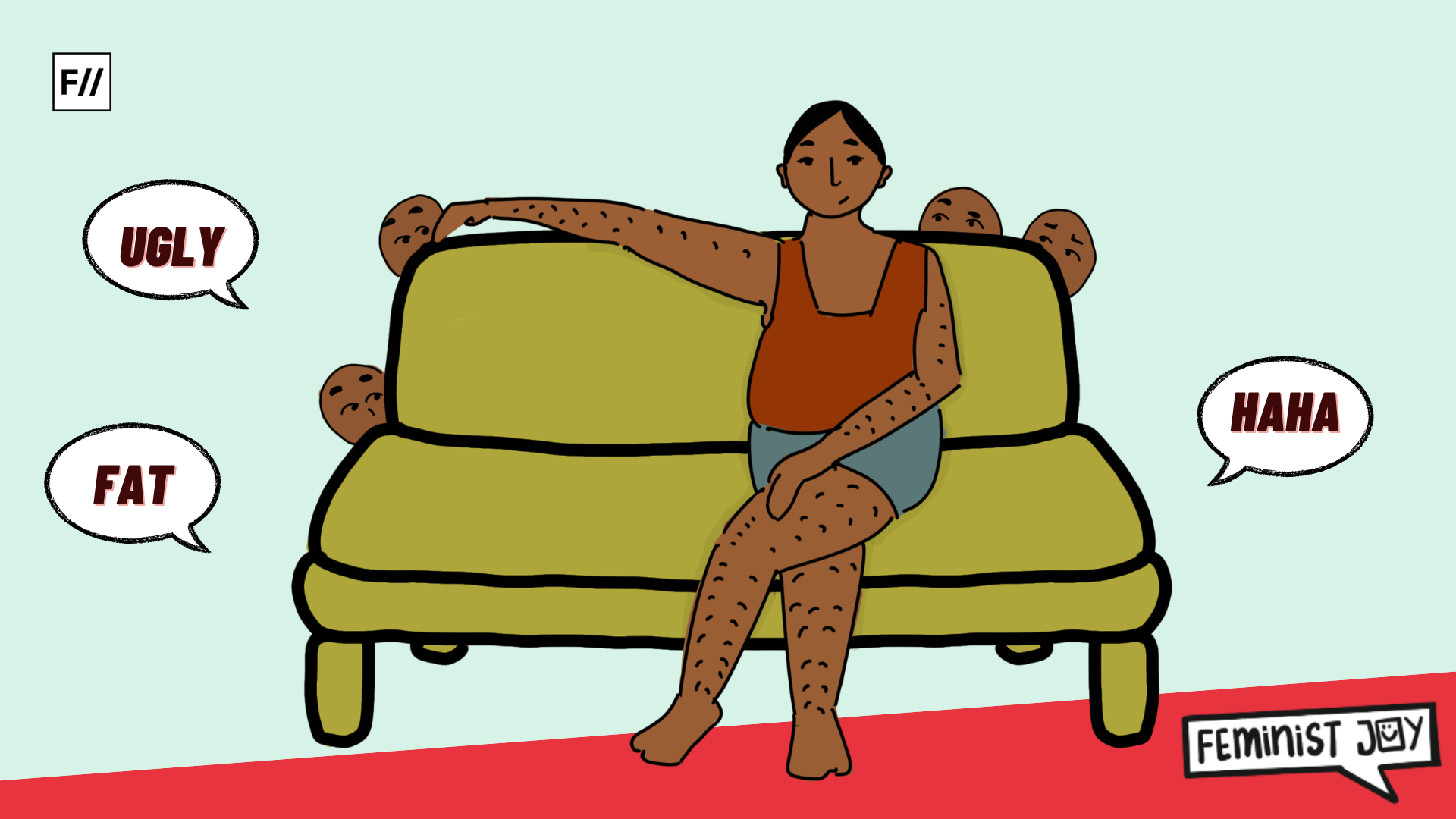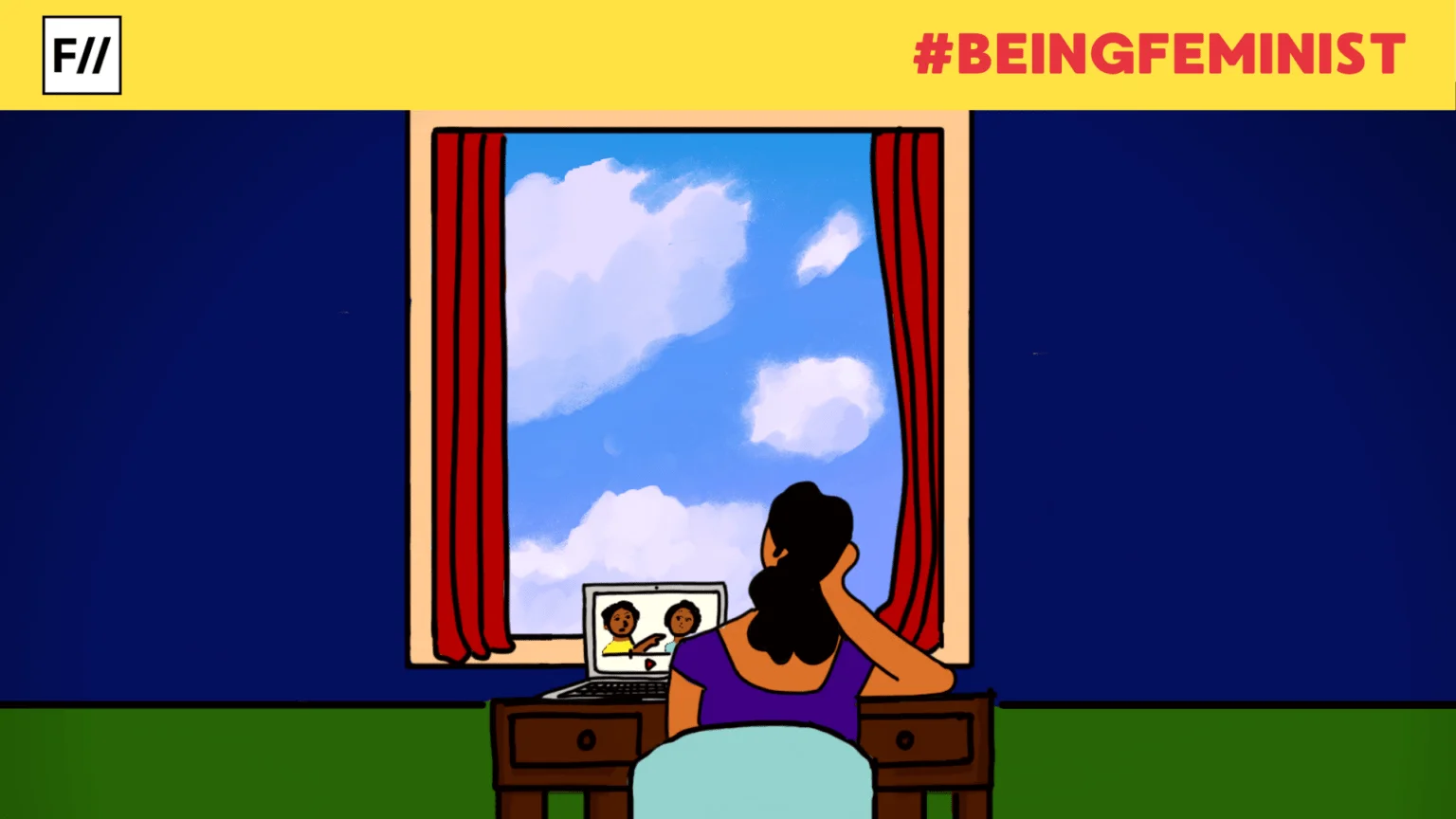“Who can be called a ‘feminist?’ Am I a feminist? I believe in gender equality so yes, I must be a feminist!” This is something that I used to say when I was younger, naive, and oblivious to the privilege I had. Over time, as I started to read more about what being a feminist truly meant and learnt about the importance of praxis, it hit me that my definition of a feminist was incorrect and problematic.
Who can be called a ‘feminist?’ Someone who believes in the idea of gender equality but supports patriarchy? Someone who recognises their privileges but uses them to oppress the marginalised? Or is it someone who questions and challenges the structure of society but only as long as it benefits or suits them? While recognising your privilege is one of the key aspects of being a feminist, you can not be a feminist by solely believing in the idea of gender equality and recognising your privilege if you end up oppressing the marginalised and supporting the structure that thrives on the marginalisation of minorities.
It took me quite some time to understand the importance of intersectionality in feminism. I have always been aware of the privilege that I hold as an upper-caste woman, but my initial, naive so-called feminist beliefs were challenged, and I understood the true meaning of intersectionality and solidarity when I had to confront some uncomfortable truths associated with my identity as an upper-caste queer woman who comes from a privileged socio-economic background. In addition to facing those uncomfortable truths, I had to unlearn several things that were ingrained in my mind by the patriarchal and casteist society.
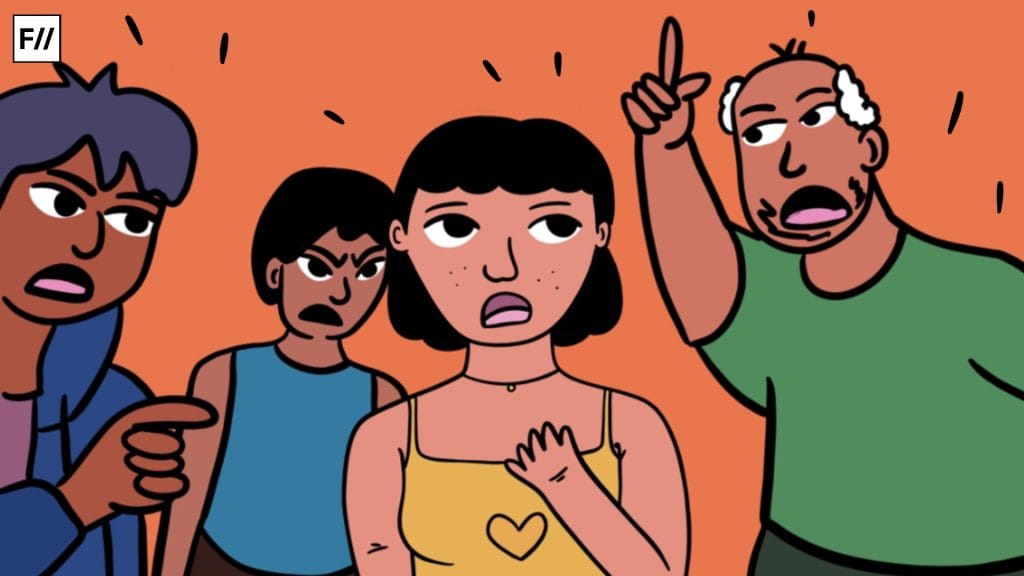
As a queer woman, I have experienced discrimination as the society we live in is deeply patriarchal and places heteronormativity at its centre, which not only suppresses queerness but stigmatises it, making it difficult to reach out for help. There have been multiple instances where I had to advocate for, create, and defend my own safe spaces due to the lack of acceptance surrounding queer identities.
Since we are talking about identities and how they impact our lives by shaping our lived experiences, it is important for me also to acknowledge the privilege that comes with my upper-caste Hindu identity along with that of the bigotry that I face as a queer woman.
Let it be in the form of requesting people to respect something as simple as my They/Them pronouns to being overly cautious in terms of with whom I can share the prejudice that I encounter as a queer woman. I had to put in extra emotional labour to maintain relationships with people around me. Since we are talking about identities and how they impact our lives by shaping our lived experiences, it is important for me also to acknowledge the privilege that comes with my upper-caste Hindu identity along with that of the bigotry that I face as a queer woman.
Initially, I used to talk about the marginalisation that I face because of my queer identity and the privileges that I have because of my socio-economic status as separate things. It was during my college days when I started interacting with people from various status quos and started to read more about gender, caste, and intersectionality that I realised that I could not choose to focus on just my queer identity at one moment and then later on shift the focus to my upper-caste identity because these complex identities cannot be seen in isolation but intersect with each other.
When I reflect on why I used to consider them isolated identities, the first reason that comes to mind is individualism, followed by avoidance. While growing up, I did not receive any exposure where multiple identities are addressed simultaneously and where conversations around caste and gender are not stigmatised due to a lack of space, which led to me developing a very narrow idea of what identity means, which I gradually unlearned.
Intersectionality involves us recognising the existence of multiple identities that an individual possesses. Therefore, I must address the suppression that I face along with the privileges that I have, which provide me a safety net and bridge the distance between theory and reality.
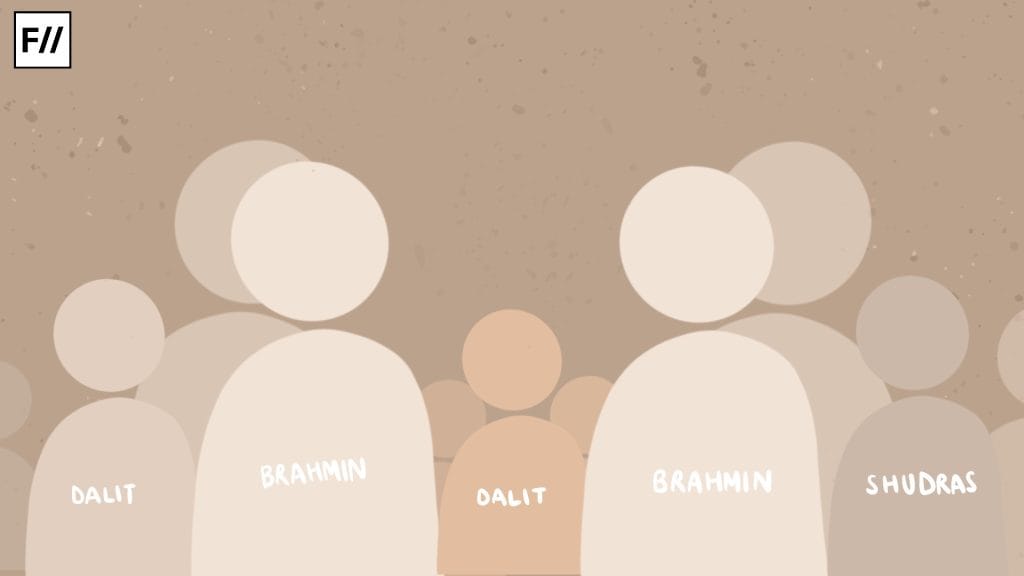
As a queer woman coming from a financially stable background, I have felt alienated by people who are not aware of the queer community or are suspicious about it. However, I have received unconditional support from people in the queer community, which might not have been possible if I hailed from a marginalised background. I came across various contradictions while navigating my way through queerness and privilege. For instance, as I mentioned above, I was not alienated by people from the queer community around me, but I have seen instances where queer people from the Dalit-Adivasi community are subtly discriminated against amongst the queer community circles based on their caste. The denial of respect to people from marginalised castes prevents them from expressing their queerness and challenging the norms of society, which further suppresses them even more.
In addition, the Pride Parades, which are one of the most well-known and prominent events organised by the queer community, are dominated by the elite upper class who appear a certain way, behave a certain way, and perceive the world around them in a certain way where they hold dominance.
In addition, the Pride Parades, which are one of the most well-known and prominent events organised by the queer community, are dominated by the elite upper class who appear a certain way, behave a certain way, and perceive the world around them in a certain way where they hold dominance. Outside the queer circles as well, I did not experience the multiple burdens of being subjected to economic and caste oppression, which is often justified and defended by the elites as financial independence and empowerment. Women from marginalised castes and religions are required to overcome barriers that hinder their social mobility, limit their autonomy, and make them more vulnerable to the systematic caste-based and sexual violence perpetrated by people from all communities.
You cannot be a feminist if you do not believe in intersectionality, as an individual cannot be narrowed to a single identity. If it had not been for intersectionality, I would have never understood that privilege and oppression can exist at the same time, how my caste privilege impacts various problems that I encounter as a queer woman, and how understanding complex forms of oppression and marginalisation shapes my feminist ideals and actions.
About the author(s)
Neha (She/They) is a neurodivergent queer writer who illustrates occasionally. A student of media and gender studies, Neha is critical of the patriarchal and heteronormative world around her and looks at it from the political lens of intersectionality. Although socially introverted, you can find Neha getting out of her shell and interacting with people, getting to know their experiences, and analyzing how the biased structure of the society impacts the marginalized.

